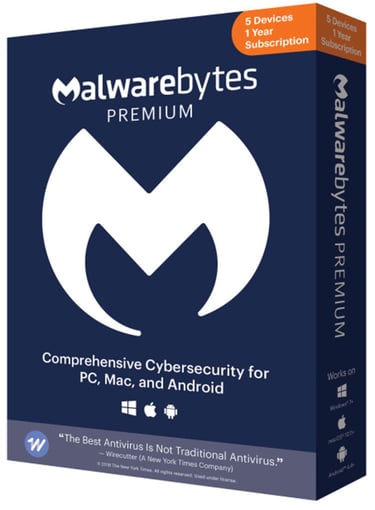Beware of Hello Pervert Sextortion Scam
Sextortion Scam or Hello Pervert scam, a type of sextortion email scam that uses personal information, like passwords and home photos, to blackmail victims.
CYBER SCAM
2 min read
Hello Pervert Cyber Scam (Sextortion)
After using passwords obtained from one of the countless breaches as a lure to trick victims into paying, the “Hello Pervert” or Sextortion Scammers have recently come up with an idea of sending Emails, in which they name the infamous Pegasus Spyware and insert a photo of your home environment to make it legitimate. The Hello Pervert Scam Emails may also have your Email ID and passwords in the subject line, to scare you that your device is infected.

This BBC video explains how even this BBC Journalist has been targeted by the Hello Pervert Sextortion Scam.
What is Hello Pervert Scam or Sextortion
The "Hello Pervert" scam is a type of sextortion scam where cybercriminals send emails claiming to have compromising footage of the recipient. These emails often threaten to release the supposed footage unless a ransom is paid, usually in Bitcoin. The scammers claim to have obtained this footage through hacking or malware, but in reality, they do not have any such material. The goal is to scare victims into paying the ransom.

This video explains how Sextortion works in detail and what to do if you fall victim to Sextortion Scam
How Hello Pervert Sextortion Works
Extortion using spyware typically involves cybercriminals installing malicious software like a variety of Malware like Spyware like Pegasus, Trojan Horse, and KeyLoggers etc, on a victim's device to gain unauthorized access to sensitive information. Here's a breakdown of how it works:
Infection: The victim's device is infected with spyware through phishing emails, malicious downloads, or exploiting security vulnerabilities.
Surveillance: Once installed, the spyware like Keyloggers monitors the victim's activities, capturing keystrokes, screenshots, and even webcam footage.
Data Collection: The spyware collects sensitive information such as passwords, personal messages, and financial details.
Threats: The cybercriminals then contact the victim, threatening to release the collected information unless a ransom is paid.
Ransom Payment: The victim is usually asked to pay the ransom in untraceable cryptocurrency like Bitcoin.
If you receive such an email, it's important not to panic. Do not respond to the email or send any money. Instead, report the email as spam and consider changing your passwords and enabling two-factor authentication for added security.
These Hello Pervert Sextortion Scams work using phishing Emails and installing Malware like Spyware and Trojans. If you can prevent Malware from being installed into your Computer, Laptop, Tabs and Phones, you are safe. Anti-Malware Software like Malwarebytes can detect and remove all Virus, Malware, Spyware, RootKits, Worms, Browser Hijackers, Trojan Horses, and much more without a trace even before they can do any harm to your devices.

This video explains how Sextortion Scam works and how to prevent it, and what to do in case your fall into it.
Protection from Hello Pervert Sextortion Scam
To protect yourself from the "Hello Pervert" scam and similar sextortion attempts, follow these steps:
Don't Panic: Remember, these emails are scams. The scammers do not have any compromising footage of you.
Do Not Respond: Avoid replying to the email. Responding can confirm that your email address is active, potentially leading to more scam attempts.
Change Passwords: If the email includes a password you currently use, change it immediately. Use strong, unique passwords for different accounts.
Enable Two-Factor Authentication: Add an extra layer of security to your accounts by enabling two-factor authentication.
Cover Your Webcam: Use a webcam cover or tape to block your camera when not in use.
Report the Email: Mark the email as spam or phishing in your email client to help prevent future scams.
Keep Software Updated: Ensure your operating system, antivirus software, and other applications are up to date to protect against malware.
Visit Malwarebytes_Home_Page Stay vigilant and safe online!
Cyber Security Threats
Malwarebytes Premium
Protect all your devices from all Malware and Viruses
© 2025. All rights reserved.


